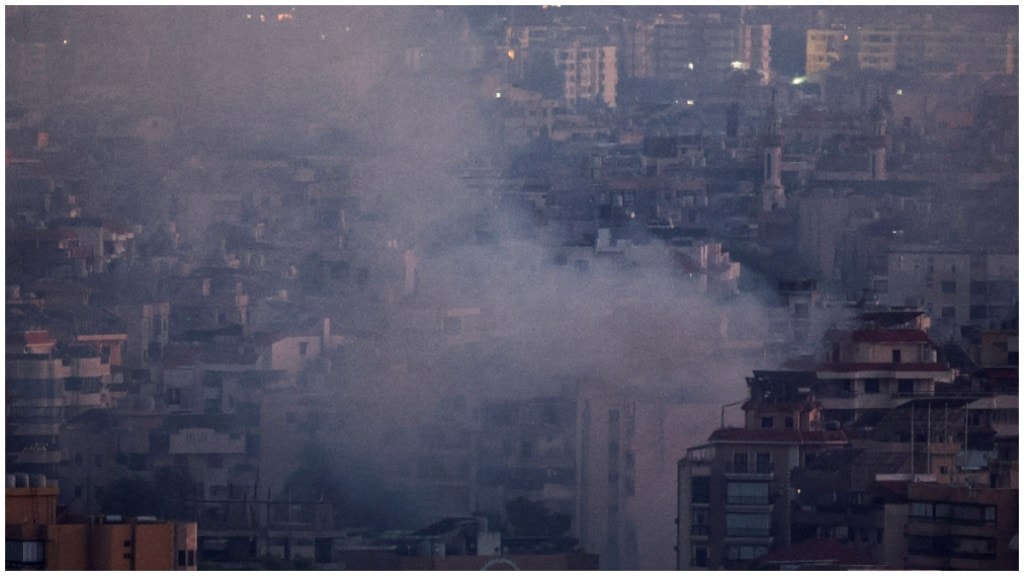The Popular Front for the Liberation of Palestine (PFLP) on Monday confirmed that three of its leaders were killed in an Israeli airstrike targeting Beirut’s Kola district. This attack holds significance as it is the first time since Israel carried out an attack within the city’s limits, intensifying fears of a broader conflict involving Iran and its allies. Eyewitnesses indicated that the Israeli strike targeted the upper floor of an apartment building in the Kola area, a residential neighborhood in Lebanon’s capital. The attack has raised alarms not just for its immediate impact but also for its potential to provoke further retaliation from various militant groups in the region. As of now, there has been no official response from Israel’s military regarding the incident.
Escalation of Conflict
The airstrike is part of a broader Israeli campaign aimed at countering the influence of Iran and its affiliated militias, including Hezbollah in Lebanon and the Houthi in Yemen. Recent Israeli operations have included airstrikes against Houthi positions in Yemen and multiple targets associated with Hezbollah throughout Lebanon. On Sunday alone, the Israeli military’s actions resulted in at least four fatalities and numerous injuries in Yemen, as reported by the Houthi-run health ministry.
Casualty Figures and Displacement
The toll from the escalating violence has been staggering. Reports indicate that over 1,000 people in Lebanon have died and around 6,000 have been injured in the past two weeks, with officials noting a significant number of those casualties may be civilians. The Lebanese government has stated that approximately one million people—about 20% of the population—have been displaced from their homes due to the ongoing conflict.
Hezbollah’s Response and Broader Implications
The bombardment has led to the deaths of several high-ranking Hezbollah officials, including its leader Sayyed Hassan Nasrallah. Israel has articulated its objective of restoring security to its northern regions, which have faced repeated threats from Hezbollah rocket attacks. The situation is further complicated by the presence of Israeli drones monitoring Beirut, indicating a heightened state of alert and potential for further strikes.
The humanitarian crisis in Beirut is palpable, with many displaced families forced to seek shelter in makeshift areas such as Zaitunay Bay, where they have spent nights on benches amid ongoing airstrikes. Reports from local residents reveal that individuals, including Syrian refugees fleeing violence in southern Lebanon, have been living under bridges for days due to the constant bombardment.
International Reactions
The United States has urged for a diplomatic resolution to the escalating conflict in Lebanon while simultaneously increasing its military presence in the region. President Joe Biden expressed hope that an all-out war in the Middle East could be avoided and indicated plans to discuss the situation with Israeli Prime Minister Benjamin Netanyahu. As tensions continue to mount, the international community watches closely, fearing the potential for a wider regional conflict.
(With Inputs from Reuters)

